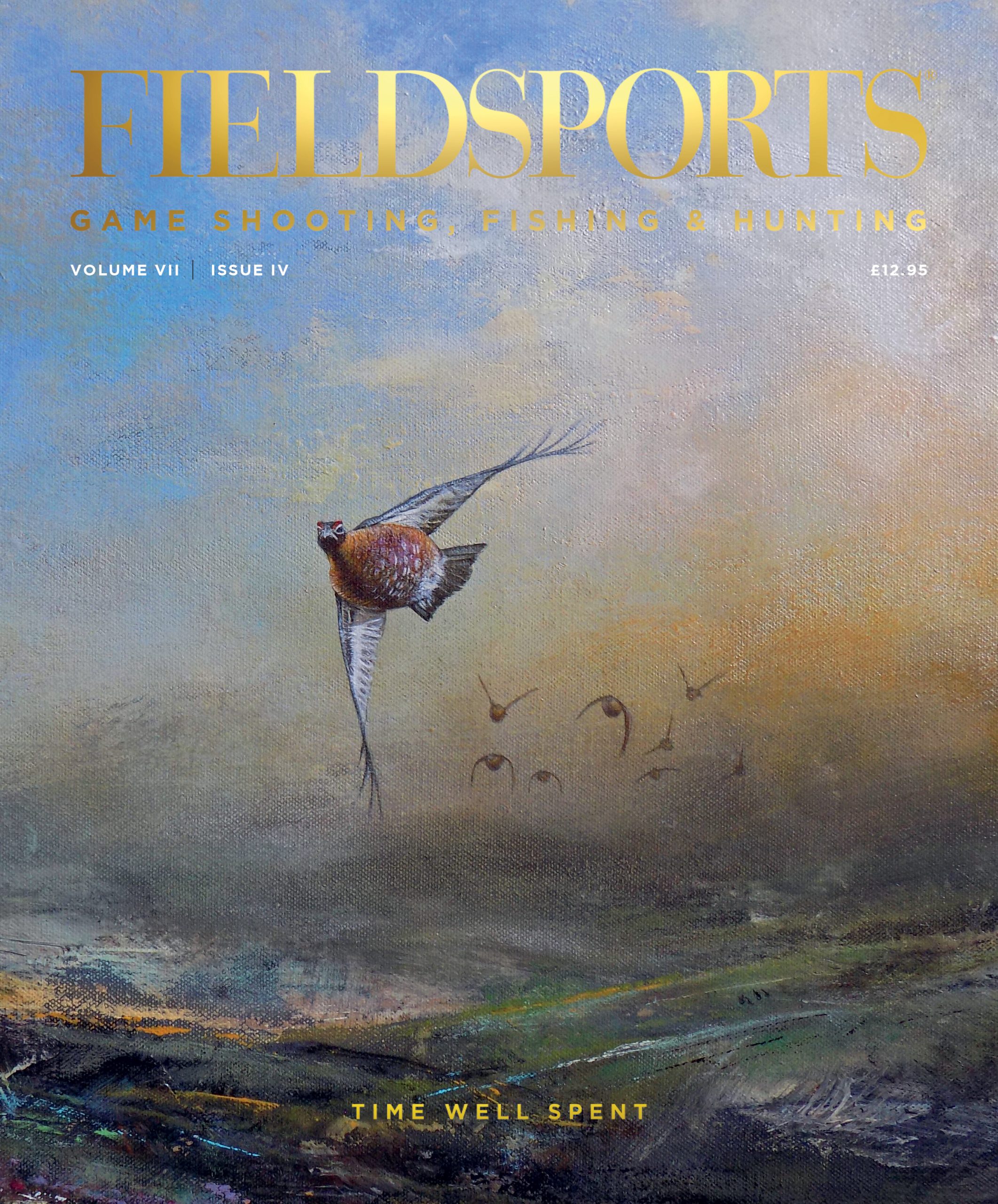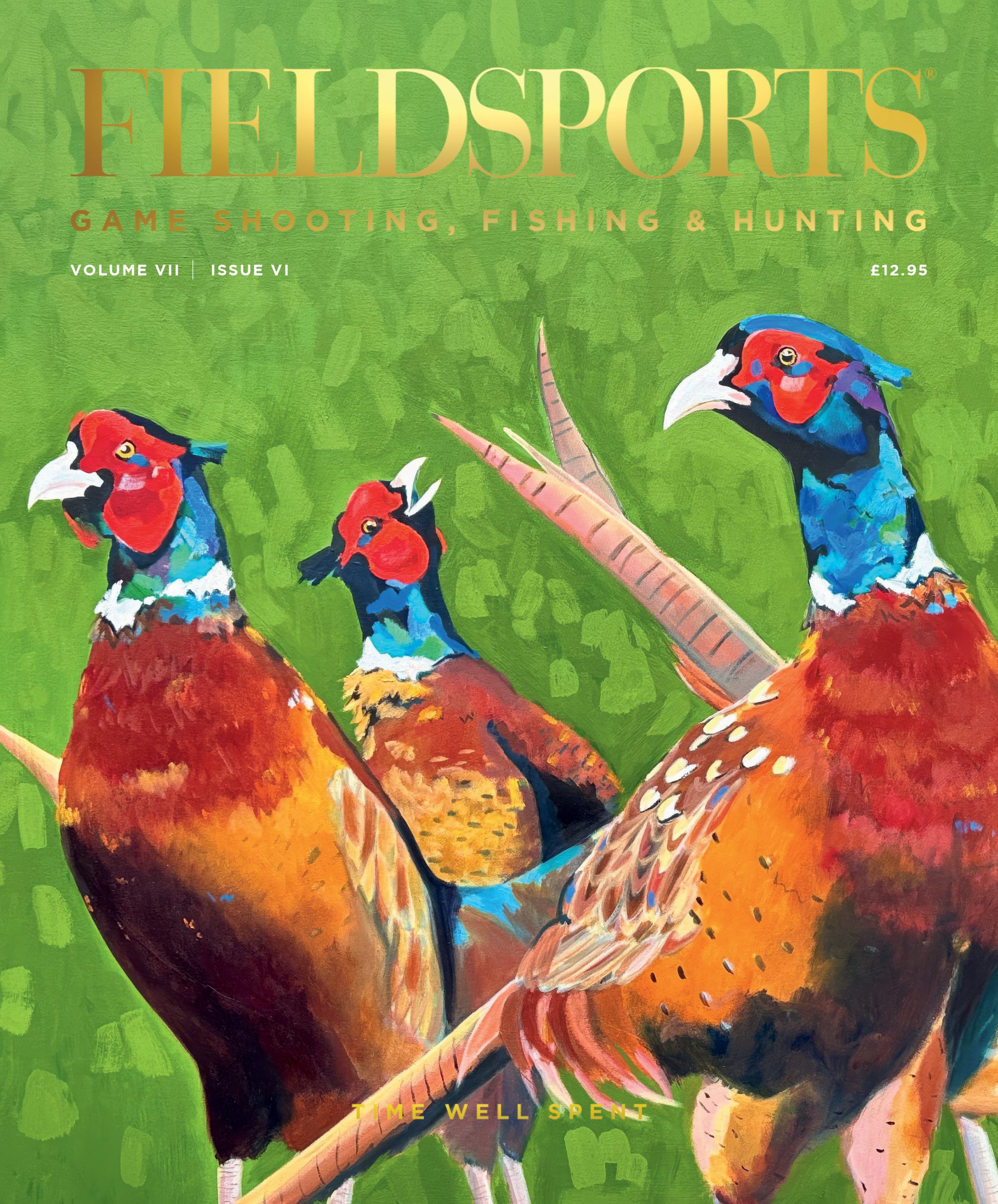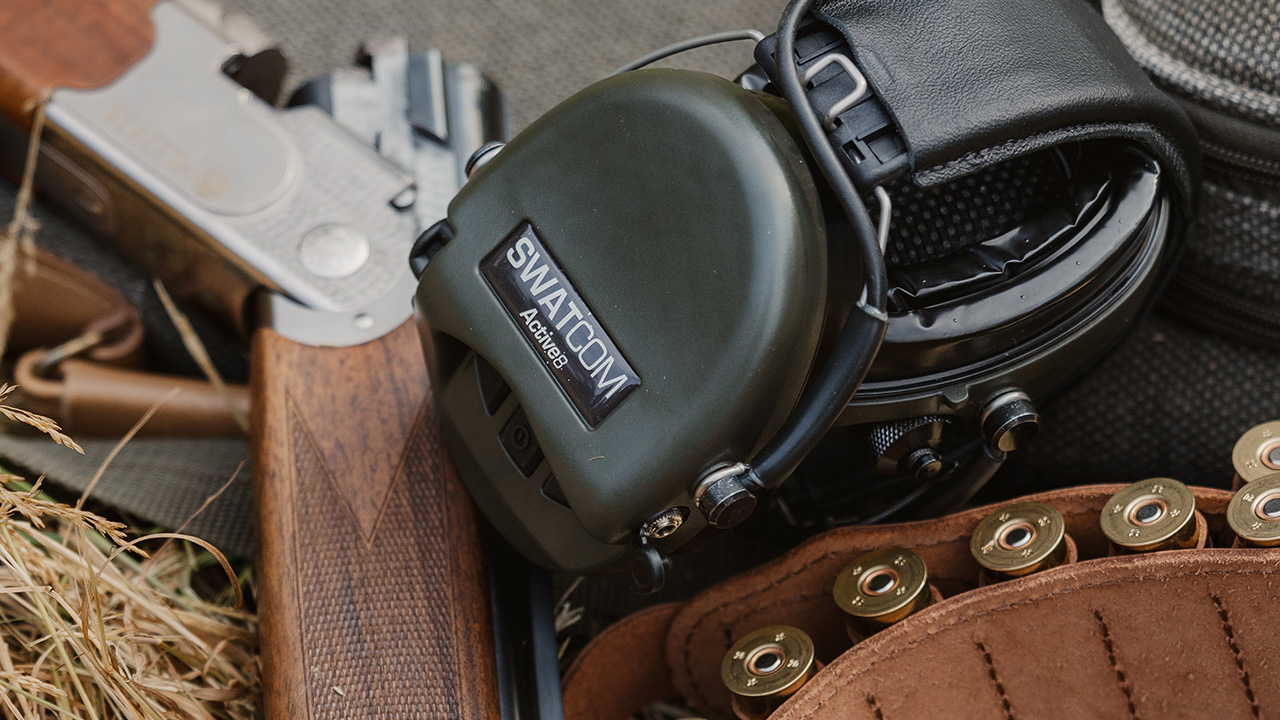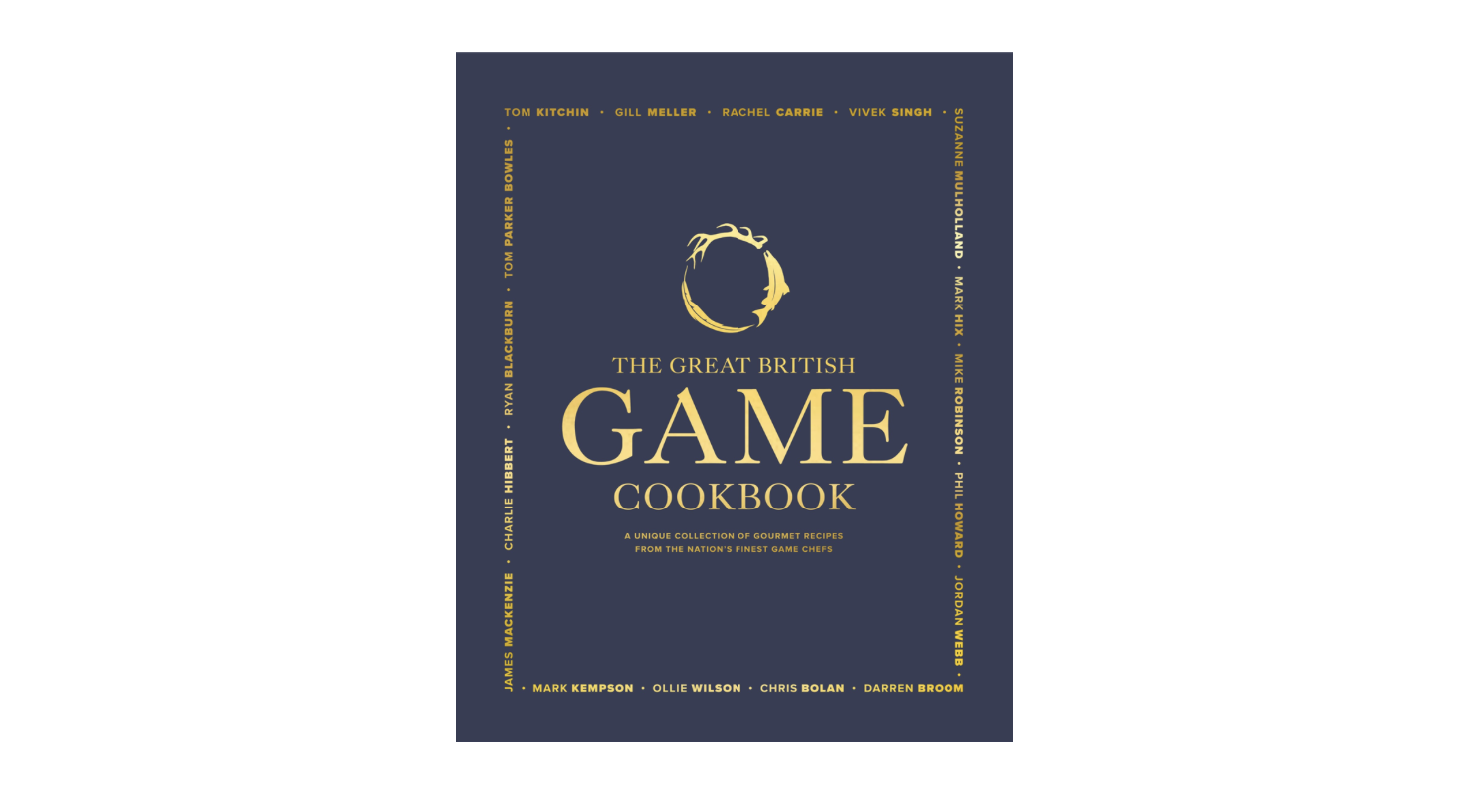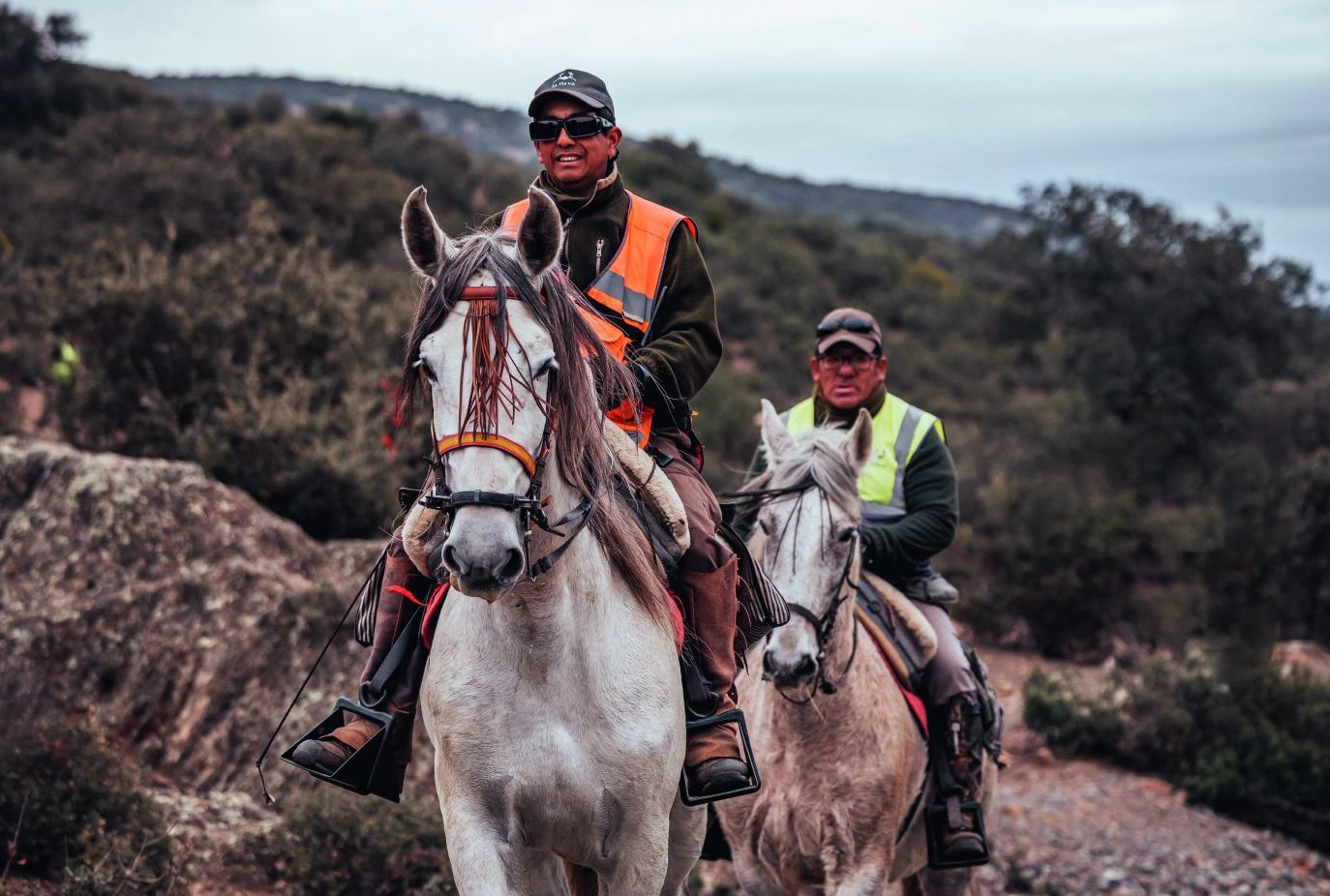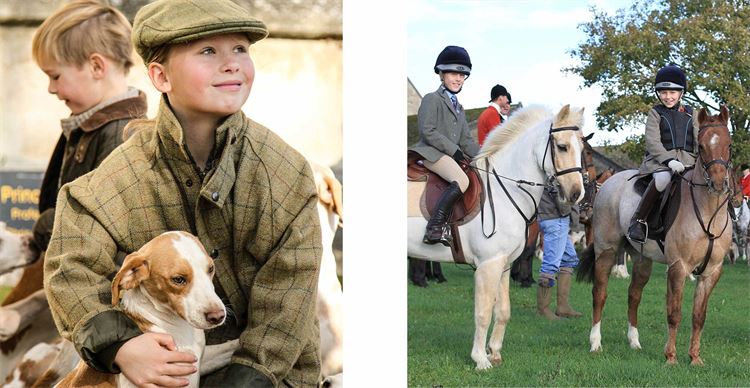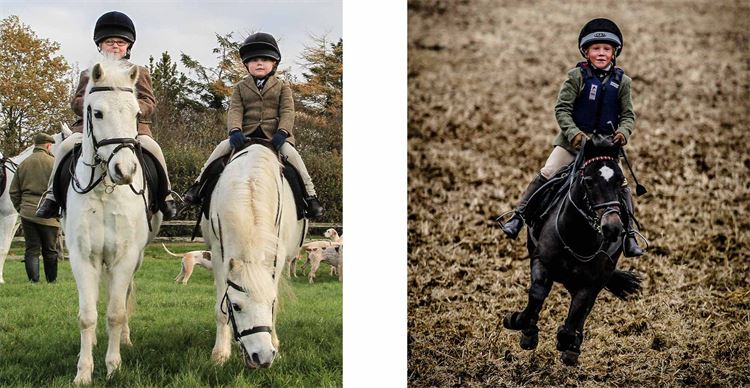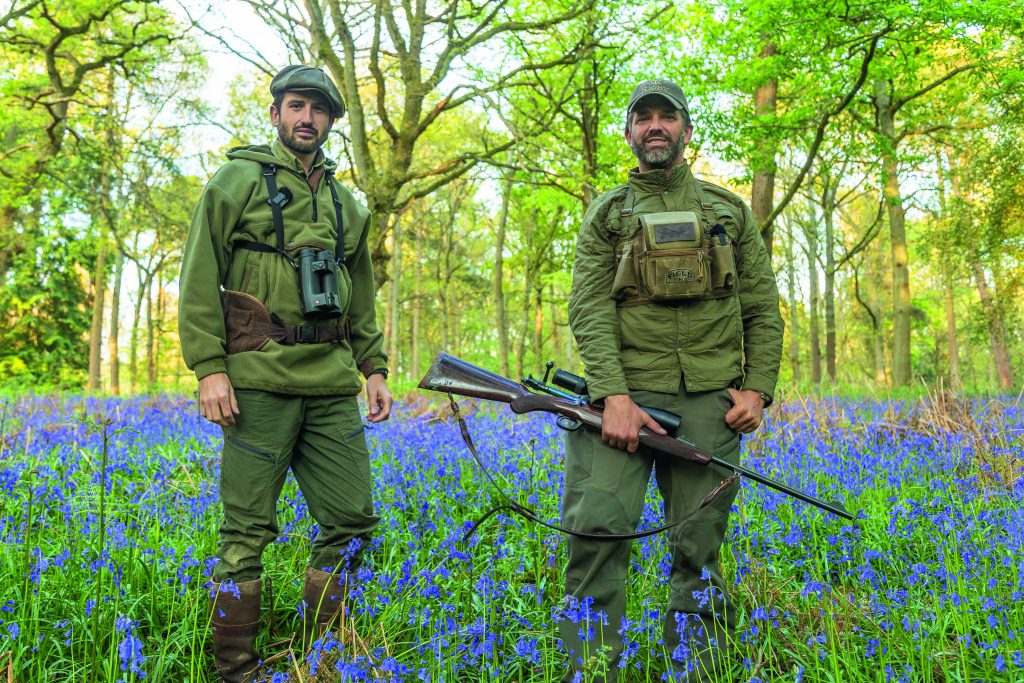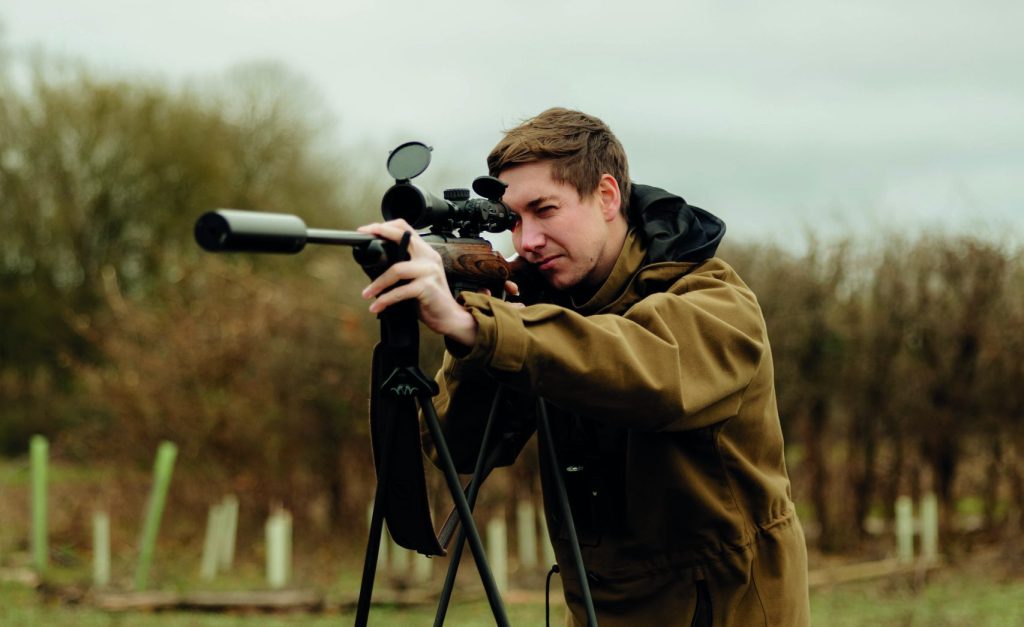Introducing children to hunting
Hunting, whether on a pony or on foot, provides children with so much more than fresh air and exercise.
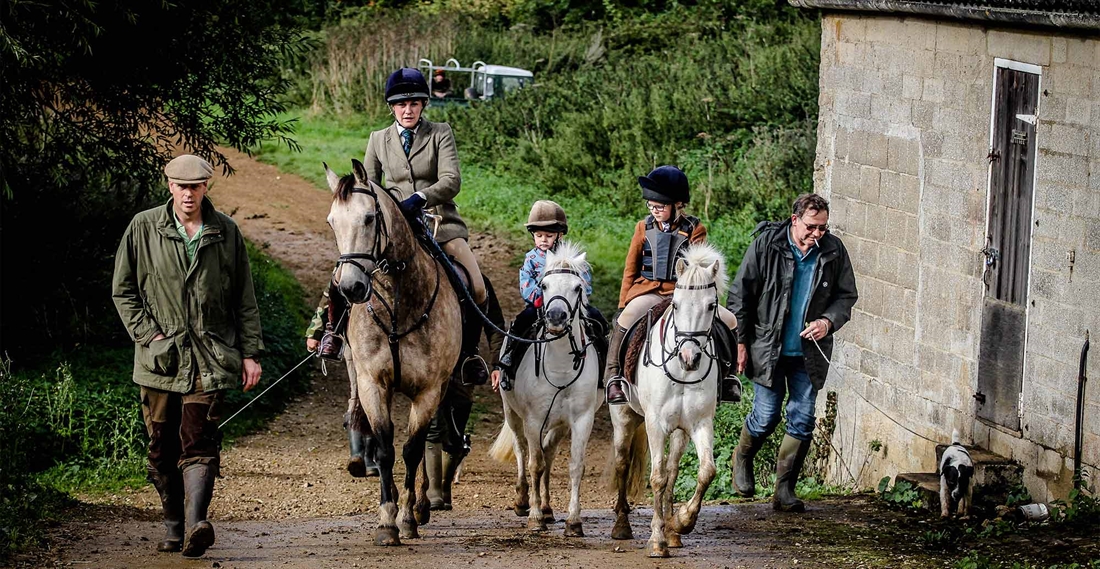
The educational properties of fieldsports will be well understood by regular readers of this magazine. Appreciation of the countryside, its traditions and its values. Sportsmanship and fair play. Getting wet and cold and not making a fuss about it. But what, specifically, does hunting do for young people?
“Hunting is the best thing in the world for children,” says William Douglass emphatically. Now 27, William started hunting when he was 10. “I was quite a difficult child. I had ADHD, and hated authority. The matron at my prep school got me into riding ponies and subsequently hunting, and I just loved it. Hunting made me forget everything I used to worry about, and made me think about something else apart from myself.
“I had a terrible temper as a child, and hunting taught me to curb it. I never took out my frustrations on my pony. And at school, the thought of being able to go hunting if I behaved myself was a great inducement – and gave me something to look forward to.”
Hunting, whether on a pony or on foot, isn’t just fresh air and exercise. It teaches children so many things.
Louise Webb has never hunted herself, and only rode “a bit, in riding schools” as a child. Now, two of her three children – Flora, 10 and Archie, 11 – are hunting mad. “I think we live in a very risk-averse society, and hunting challenges children; it’s exciting, and it pushes them out of their comfort zone,” she says. “It’s also something they do without me, which is liberating for them.”
For those who do their hunting mounted, the adrenaline that accompanies hunting gives children – and adults – courage; they tackle things that would normally intimidate them, and the act of achievement gives them confidence.
“It gives you guts,” says William, who can remember jumping his first hedge, aged around 11, out with the Bicester with Whaddon Chase, and the thrill he got from it.
Hunting is a very social activity; children look forward to seeing their friends, but they are also made extremely welcome by adults.
“But as well as chatting to their mates, they learn to interact with adults who aren’t their teachers or members of their family,” says Louise. “They meet people they wouldn’t necessarily encounter otherwise, and mix with a huge range of age groups.”
Take beagling as an example – the average field consists of very spry, energetic pensioners, students, and families with small children. They get on famously – but it would be rare to find these three social groups together otherwise.
For those with ponies, they learn to care for an animal, and to put something first apart from themselves. They learn to ride with care and moderation – half-term won’t be nearly so much fun if your pony is so exhausted after the first day that it can’t go again in two days’ time.
“Riding in open spaces is so different from riding in the controlled environment of a riding school,” says Louise. William agrees: “You have to think on your feet. You have to make quick decisions time and again, and you learn spatial awareness – not crashing into the other people around you, and thinking what their horses might do as well as your own. You learn horsemanship, empathy with animals and how to think ahead. I think these are all great assets for later life.”
Neither of William’s parents rode, but hunting has engendered a life-long love of horses and hunting. He is now a successful bloodstock agent in Newmarket, and goes home to Northumberland to hunt with the Tynedale as much as possible. “As I got older, I became interested in the venery of hunting, and learnt a lot from (former master and huntsman) Frank Houghton Brown,” he says. “And I didn’t know anything about farming at all, whereas I know a fair bit about it now, simply from going hunting.”
It is much easier for children whose parents hunt, of course. I was lucky enough to have parents who loved hunting, and it was never a question as to whether I would go hunting or not – it was just part of life. My mother found very good, safe ponies – all of whom cost nothing – and, because my brother was two years younger than me and therefore still on the leading-rein, I was hunting independently of her aged six.
The happiest memories of my childhood are of hunting. The spine-tingling thrill of hacking home in the dark with hounds at the end of the day. The excitement (pre-ban, of course) of being given the brush. Jumping something that scared me – and making it to the other side in one piece.
And on Christmas Eve, going hunting with my father instead of my mother. Being rather more tuned into what was going on with the hounds than to his children, he never looked over his shoulder. The challenge was to keep up – I remember jumping a ditch on my pony that my mother would never have let us contemplate – and never to whinge. And he also had a Mars Bar in the front of the Land Rover for the journey home – that was pretty exciting too, I admit.
For children whose parents don’t hunt, it isn’t quite so easy. But every pack has children’s meets, and there are often adults out who no longer wish to cut a dash at the front of the field and who are happy to keep an eye on a child.
Gillian Garland’s son, Sam, now 15, has been hunting for about five seasons. He was encouraged by his riding teacher, Jo Challens, and her husband Pete, to try hunting with the Ledbury. “They looked after him and took him under their wings,” says Gillian. “No one could have done it better. They never overface him, but encourage him to stretch himself.”
Louise Webb’s parents-in-law have always hunted, so it was on the family radar, and her children attend The Elms School in Colwall, Worcestershire, where hunting is a part of school life. “When the children had the opportunity to go through school, I decided to take our pony along on the leading-rein and see what happened – but I wouldn’t have had the confidence to do that without my in-laws and the school encouraging me,” she says.
The Elms is not the only school to encourage its pupils to go hunting. Hanford in Dorset hosts a meet of the Portman annually, and Sarah Canning, its former headmistress who still takes charge of the riding, says: “Hunting makes children think. They have to make decisions. They learn to read the countryside. And, of course, it’s great fun!”
Everyone who goes hunting will fall off sooner or later. But because everyone does, a big deal is never made out of it. It is one of the great levellers of life – and one of the principal reasons why people are generally very friendly out hunting. There’s not much point getting above one’s self when, 30 seconds later, they might be on the floor, watching their wretched horse canter merrily off into the blue yonder.
“Hop on, hounds are running!” is the cry. The incident is forgotten within seconds – much healthier than dwelling on something and therefore letting it become an issue. “It toughens you up, because when you fall off you just have to get on with it,” says William Douglass.
Boys, in particular, love hunting, and it is often what keeps them riding. They are often totally uninterested in going to Pony Club rallies or learning to pick out their pony’s feet – but hunting is different. The sight of Heythrop master and huntsman Charles Frampton with a gang of five small boys trailing after him like ducklings was lovely; those boys were made to feel really important for a few hours and when the wobbliest of them followed him and the others over quite a sizeable hunt jump, the whole field cheered.
Louise Webb says: “Flora likes all aspects of riding, whereas Archie only rides to go hunting. I’m so glad he does, though – how else would he see and learn about our beautiful countryside and one of its most famous traditions?”
How to keep them keen
• Make sure they are warm enough – lots of layers and plenty of socks.
• Particularly when they are little or just starting out, take them home as soon as they say they are bored, too cold or not enjoying it – even if it is in the first half-hour.
• Put chocolate and sweets in their pocket.
• Find the safest pony you can. The older the better – all ponies get a bit whizzier out hunting, and one that seems incredibly boring when you try it will probably be perfect once it is out hunting. And always make sure it is wearing a neckstrap so the child has a safe way of balancing themselves, and that the girth is tight enough.
Related Articles
Get the latest news delivered direct to your door
Subscribe to Fieldsports Journal
Elevate your experience in the field with a subscription to Fieldsports Journal, the premium publication for passionate country sports enthusiasts. This bi-monthly journal delivers unparalleled coverage of game shooting, fishing and big game across the UK and beyond.
Each issue offers a stunning collection of in-depth features, expert opinions and world-class photography, all presented in a timeless yet contemporary design.
Save 10% on shop price when you subscribe, with a choice of packages that work for you. Choose from Print & Digital or Digital only with each journal delivered directly to your door or via the app every other month, plus access to past issues with the digital back issue library.
